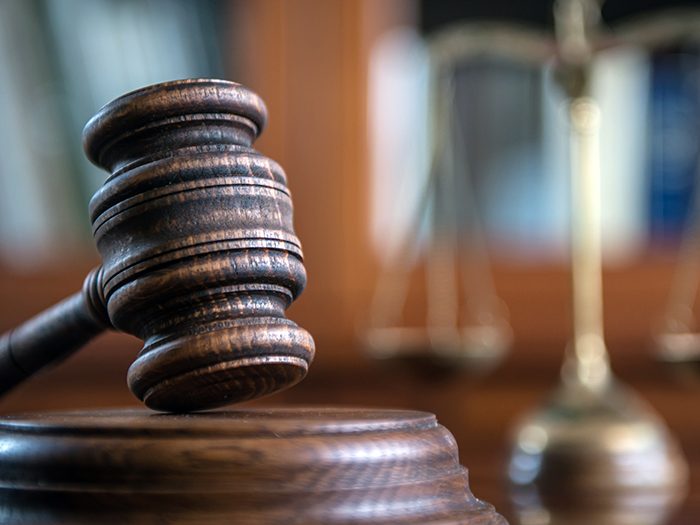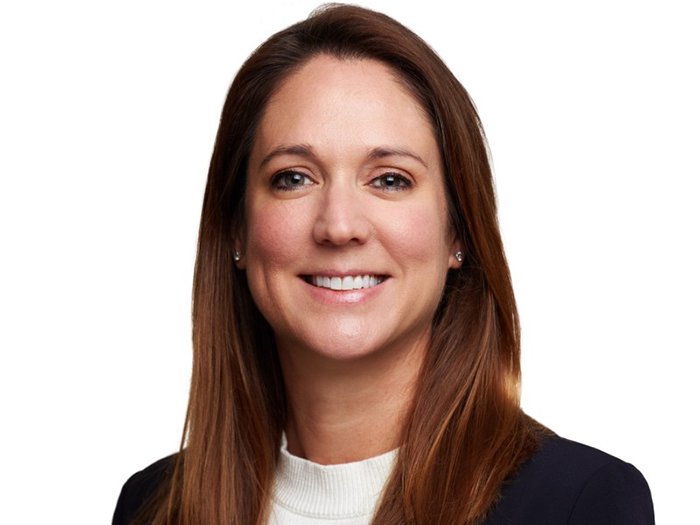Legal Roundup: Former Uber Driver Sues London Police, Trump’s Impeachment Trial Begins and More

Megaphone Assault Case Dismissed in Court
The Case: A British Union leader is suing the London Police Department after he was arrested and prosecuted on assault charges. The case was acquitted on Jan. 16 and the defendant is claiming wrongful prosecution.
James Farrar, a gig economy union leader and former Uber driver, is suing the Metropolitan Police Department, which covers 32 boroughs of London.
Farrar was arrested at a demonstration for allegedly using a megaphone too close to a police officer’s ear, which was then charged as assault. Farrar claimed that the prosecution was “a corrupt and crude attempt by the Metropolitan police and Transport for London to break our union and further disenfranchise precarious workers.”
Scorecard: The case fell apart in court on Jan. 16 over lack of evidence. Farrar is claiming malicious prosecution in a civil suit.
Takeaway: Uber is spotlighting one of the many ways that the gig economy has become risk heavy for contractors and small businesses.
Insurance Company Sued Over Development of Hollywood Stadium
The Case: TKG Management and Pincay Re LLC, two companies owned by billionaire Stan Kroenke, are suing Chubb Insurance Company over a claim they filed during the development of SoFi Stadium, the future Hollywood home of the L.A. Rams and Chargers. Kroenke is the owner of the Rams.
When a section of land purchased to build the stadium was discovered to be contaminated with high amounts of lead, Chubb allegedly agreed to pay to remediate the 60 contaminated acres.
The plaintiff claims cleanup of the contaminated areas cost over $17 million and cited that its insurer failed to reimburse, intending “to delay, hinder, and impede recovery, the essence of bad faith.”
Scorecard: TKG Management and Pincay Re LLC argue that Chubb should reimburse them for up to $5 million reparation costs, plus interest, attorney’s fees and unspecified damages.
Takeaway: Policies have exclusions for a reason, and coverage doesn’t always pay out. Insureds should be diligent in identifying exclusions but also in understanding when their claims should be honored.
President Trump’s Impeachment Trial Officially Begins
The Case: House Speaker Nancy Pelosi filed an impeachment inquiry back in October over a phone call President Donald Trump had with Ukranian president Volodymyr Zelensky on July 25, 2019. According to a whistleblower, Trump inquired for an investigation, probing into Democratic presidential candidate Joe Biden and his son, Hunter Biden, and Russia’s interference in the 2016 presidential election.
President Trump was officially delivered the articles of impeachment as his trial began on Thursday, January 16. The Senate will preside as jurors, vowing ‘impartial justice’ and delivered the president with a formal summons.
Scorecard: The trial has just begun. The American public, can, however, assume a few things: Although the impeachment hearing is underway, it is likely that President Trump will be acquitted, similar to the impeachment fate of Bill Clinton and Andrew Johnson. The Republican-controlled Senate standing jury will likely vote to keep him in office, and according to a survey from The Washington Post, American opinions are split roughly down the middle.
Takeaway: Whatever the outcome may be, this trial will impact more than Washington, D.C. The decisions made will trickle down into the American day-to-day, impacting laws and regulations that could eventually reach insurers and their insureds.&










